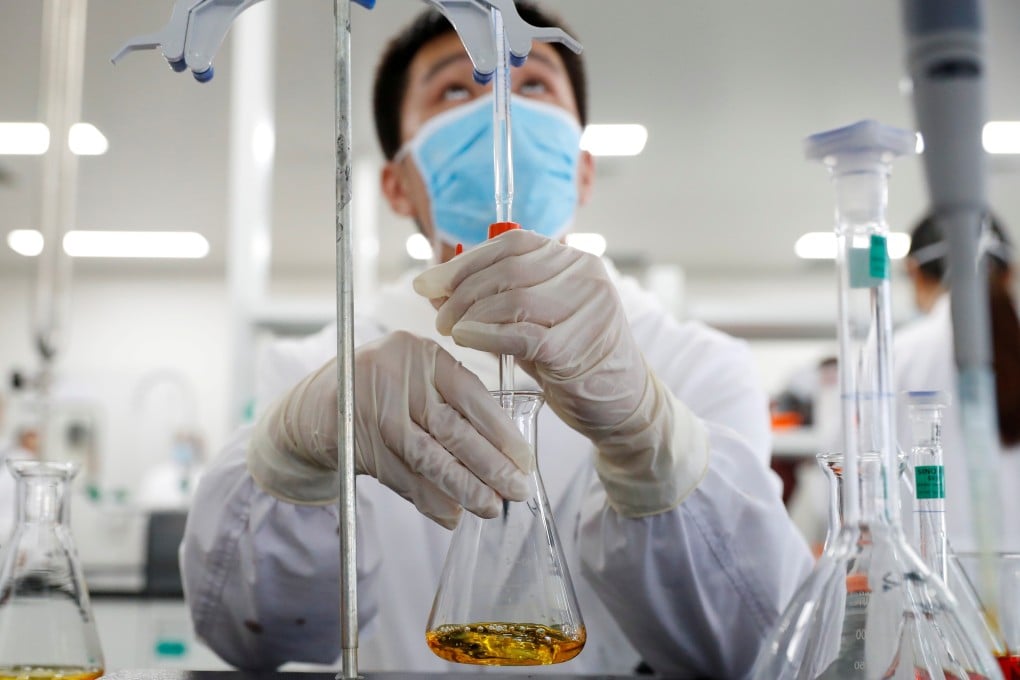Coronavirus: what China’s decision to join the WHO’s vaccine scheme means
- Beijing signing up for the Covax distribution scheme stands in sharp contrast to Washington’s refusal to join
- Scheme is intended to ensure poorer countries do not miss out. Foreign ministry says Beijing is committed to the equitable distribution of vaccines

China’s decision to join the World Health Organization’s vaccine distribution scheme will help it play a bigger role in the global endeavour to stop a virus that has already killed more than 1 million people worldwide.
The decision – announced on Friday – offers a sharp contrast with the United States, which has rejected the proposal in favour of financing its own set of vaccine candidates and securing doses through bilateral deals.
“We are taking this concrete step to ensure equitable distribution of vaccines, especially to developing countries, and hope more capable countries will also join and support Covax,” foreign ministry spokeswoman Hua Chunying said.
China decided to join despite “leading the world with several vaccines in advanced stages”, she said.
The move was welcomed by Seth Berkley, the chief executive of Gavi, the Vaccine Alliance, a WHO partner leading the initiative, who said it “gives even more momentum to our mission to ensure future Covid-19 vaccines are distributed equitably”.

01:00
Beijing joins Covax alliance to help vaccine distribution in developing countries
China joins over 75 wealthy countries including Britain, Japan and Germany that have already signed up for the scheme, which aims to finance vaccine access for an additional 92 low and middle-income countries, delivering at least 2 billion doses to participants by the end of 2021.